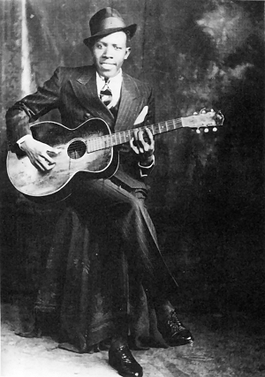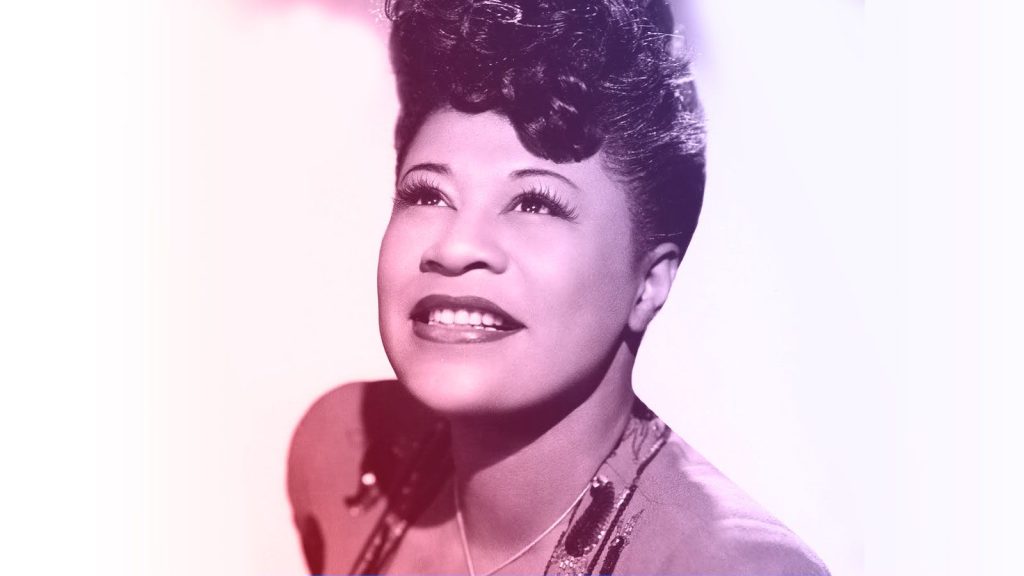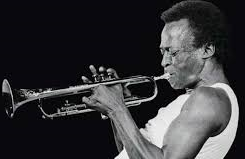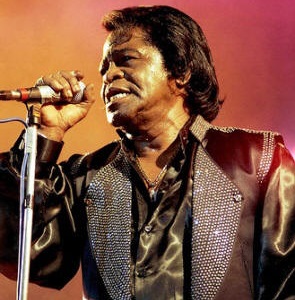February is Black History Month. This years theme is African Americans and the Arts. So throughout the month, I will highlight influential and well-known African American writers, musicians, and actors. For more information about Black History Month 2024 see the Association for the Study of African American Life and History and the National Museum of African American History and Culture.
Today I am highlighting delta blues legend Robert Johnson.
Robert Leroy Johnson’s mysterious and legendary status is attributable to the fact that very little of his short life is known or documented. Only 6 dates in his life have any supporting documentation or archives; 3 days of the San Antonio recording sessions in November of 1936, 2 days of the Dallas recording sessions in June of 1937, and the day of his death (his death certificate was found in 1968).
He was born on or about May 8, 1911, in Hazlehurst, Mississippi (no birth certificate has been located, if one even existed). He died August 16, 1938, in Greenwood, Mississippi (approximately age 27) of unspecified causes. Although it is suspected that he was poisoned by the jealous husband of a woman he was either flirting with or having an affair with.
At the San Antonio and Dallas sessions, Johnson recorded 29 songs released as 78 rpm singles. Of those released at the time, the most commercially successful was Terraplane Blues. Yet he was still only known in the south. During his lifetime, he was not well known outside the greater Mississippi region. Despite this, his music and legacy had a large and lasting impact on blues and rock ‘n’ roll.
In the late 50s and early 60s, white musicians blended Black rhythm and blues into their music; and rock ‘n’ roll was born. For inspiration they listened to pre-World War II blues recordings. Robert Johnson was rediscovered by a new generation when in 1961, 23 years after his death, Columbia records released King of The Delta Blues Singers, a compilation of the San Antonio and Dallas sessions.
White artists drew inspiration from Robert Johnson, and they reimagined and rerecorded his music. Keith Richards, Robert Plant, Bob Dylan, and others have noted the influence and impact he had on their music. The Rolling Stones recorded Love in Vain and Stop Breaking Down. Led Zeppelin recorded Traveling Riverside Blues. Cream (Eric Clapton, Jack Bruce, and Ginger Baker) recorded Cross Road Blues. Eric Clapton has recorded many of Johnson’s songs, including an entire tribute album in 2004, Me and Mr. Johnson.
Legend
Given his short and relatively undocumented life, most of what is known about Robert Johnson comes from stories told and retold. Over time these oral traditions can take on legendary status. None as much as that in exchange for becoming a great bluesman, he sold his soul to the devil at the crossroads (either the intersection of highways 1 and 8 in Rosedale, or highways 49 and 61 in Clarksdale). One of which is recounted in this post. Of course there are plenty of those who dispute these legends and stories.
Regardless if one does or doesn’t believe this legend, it continues to be retold and revised. The desire to become a great blues guitarist, the search for a legendary “lost” Robert Johnson song, lost love, and a deal with the devil, are all spun together as the storyline for the 1986 film Crossroads starring Ralph Macchio, Joe Seneca, and Jami Gertz.
Legacy
- Only 42 recordings of Robert Johnson are known to exist, the 29 original recordings from the San Antonio and Dallas sessions, and 13 alternate takes.
- In 1970 Columbia released a second compilation of Robert Johnson’s recordings, King of The Delta Blues Singers, Vol. II.
- In 1980 Johnson was inducted into the Blues Hall of Fame in its inaugural class.
- In 1986 Johnson became a member of the Rock and Roll Hall of Fame in 1986.
- In 1990 Columbia released The Complete Recordings, which included 41 of the 42 known recordings.
Further Reading
- Robert Johnson Blues Foundation
- Wallenfeldt, Jeff. “Robert Johnson”. Britannica.com
- “Robert Johnson: The Life And Legacy Of The Blues Giant”. udiscovermusic.com.
- Robert Johnson. Wikipedia.com
- New York Times. “Robert Johnson Overlooked”. From their overlooked obituary series. (subscription required)




